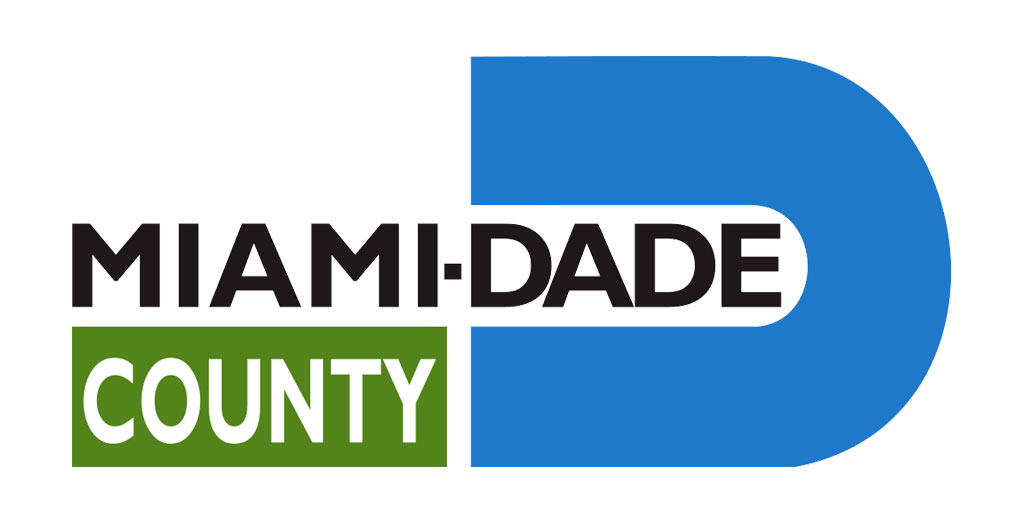
Update on fish kill from Miami-Dade County
MIAMI ( September 07, 2021 ) — The Department of Regulatory and Economic Resources, Division ofEnvironmental Resources Management (RER-DERM), took swift action to respond to the fish kill that occurred around the area of the 79th Street Basin. This release includes an update detailing the activities the department is currently conducting, ways the community can help, and County initiatives to protect Bay health:
Fish kill response update
Currently, two DERM teams are out on boats along with a team from the Florida Department ofEnvironmental Protection Biscayne Bay Aquatic Preserves (DEP BBAP) to conduct water quality surveys in the affected basins. Their objectives are to characterize water quality and to characterize the extent of the fish kill and they are sampling for the following parameters: dissolved oxygen, temperature, salinity, conductivity and pH, as well as nutrients, chlorophyll, bacteria and turbidity. The DEP BBAP team is focusing on water quality sampling on west side of basin, integrating fish kill-related sampling with regular monthly monitoring.
The second DERM team is conducting regular seagrass sampling and will be collecting additional data on physical parameters (dissolved oxygen, temperature, salinity, conductivity, pH). This team is prepared to collect carcasses as needed. Additionally, one DERM biologist is responding on land across affected basin sand is assisting sampling teams as needed.
All of these teams are in communication in the field, conducing sampling as well as getting a general idea of bay conditions and fish kill status.
At this time there is no definitive answer as to the cause of this fish kill. DERM is investigating site conditions with the current fish kill and looking at circumstances around the last fish kill including potential difference sand similarities and communicating with academic and agency partners to try to determine the cause.
While chemical analysis (nutrients, turbidity, chlorophyll, bacteria) will not be available today, the County will provide an update this afternoon, after 4 p.m., and share data and observations from today’s field work.
How the community can help protect the Bay
Residents can report a fish kill 24/7 online at Submit an environmental complaint, by emailing baywatch@miamidade.gov, or by calling 305-372-6955. The public is reminded that the use of fertilizers is generally prohibited during the rainy season and can learn more about why it's so important to protect the health of the Bay here: Fertilizer Regulations. Reducing the use of plastic and polystyrene and picking up trash and dog waste are also important steps we can all take to prevent pollution in the Bay.
County initiatives to protect and preserve the Bay
Miami-Dade County is committed to taking all possible action to turn around the crisis facing our waters. TheCounty is aggressively accelerating investments in replacing or repairing critical water infrastructure and septic to sewer conversion. Earlier this year, the County Commission passed and the County began implementing a ban on fertilizer use during the rainy season (May 15 - October 31), when nutrients are more likely to be carried in water flowing off the urban landscape. And this year's proposed budget includes nearly$4 million dollars to tackle fish kills and flooding, handle seaweed collection and removal, and preserve and protect Biscayne Bay.
Press Release Download
Fish Kill Plan and Algae Bloom Incident Download

